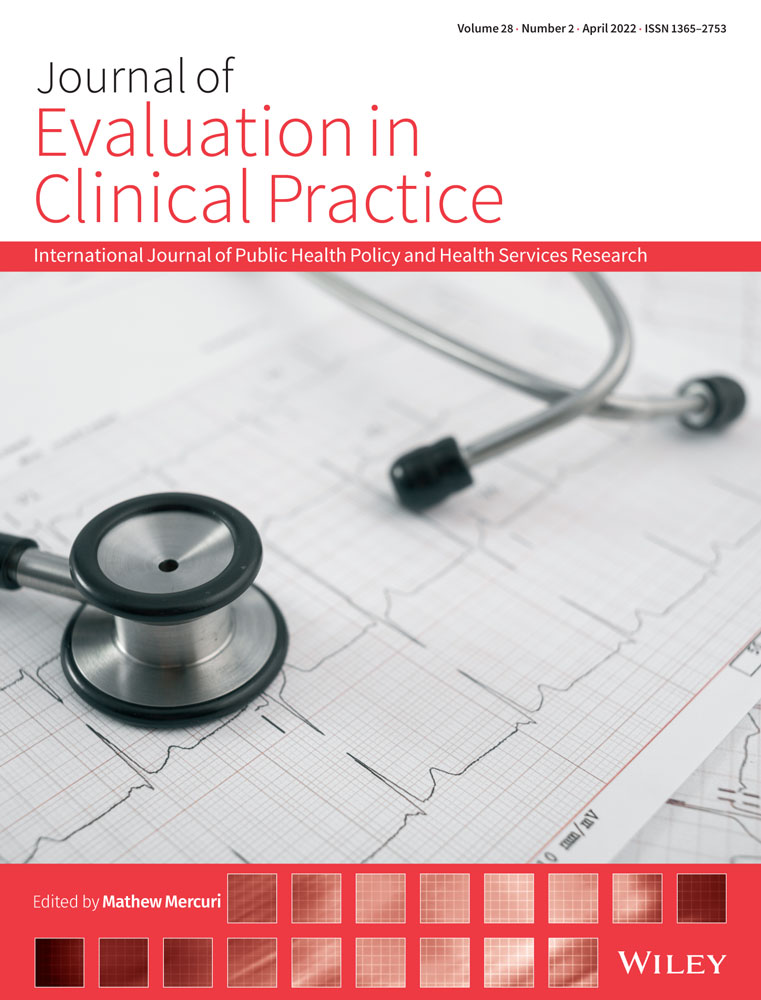The effectiveness of person-centred quality improvement strategies on the management and control of hypertension in primary care: A systematic review and meta-analysis
Funding information: University of Calgary
Abstract
Objective
To evaluate the effectiveness of person-centred quality improvement strategies on the management and control of adults with hypertension in primary care.
Methods
A systematic review and meta-analysis was conducted using the Medline, Cochrane Central Register for Controlled Trials, Embase, Cumulative Index to Nursing and Allied Health Literature, and APA PsycINFO databases (January 1980 to March 2020). Randomized controlled trials that evaluated person-centred quality improvement strategies for the management and control of essential hypertension among adults ( 18 years) in primary care were included. Random effects models were used to estimate weighted mean differences (WMD) for the change in systolic and diastolic blood pressures (SBP, DBP) from baseline; risk ratios (RR) were calculated for the proportion of participants achieving target blood pressures, for each quality improvement strategy assessed. A qualitative review of the implementation details of the interventions was conducted to identify common components of interventions that were effective in improving blood pressure outcomes.
18 years) in primary care were included. Random effects models were used to estimate weighted mean differences (WMD) for the change in systolic and diastolic blood pressures (SBP, DBP) from baseline; risk ratios (RR) were calculated for the proportion of participants achieving target blood pressures, for each quality improvement strategy assessed. A qualitative review of the implementation details of the interventions was conducted to identify common components of interventions that were effective in improving blood pressure outcomes.
Results
Eight studies were included (total of 5654 patients). Findings favour use of person-centred quality improvement interventions over usual care (RR = 1.23 [95% CI: 1.01; 1.48]) for improving blood pressure outcomes. Self-management (RR = 1.43 [95% CI: 1.23; 1.65]) had the greatest effects on blood pressure targets. Clinician education resulted in the greatest SBP reduction (WMD:6.09 mmHg [95% CI: 2.32; 9.85]), while patient education and patient reminder systems (both WMD:4.86 mmHg [95% CI: 0.88; 8.83]) saw the most improvements in DBP. While interventions varied in their strategy implementation, common features of effective interventions included tailored communication with patients, use of health information technology, and multidisciplinary collaboration.
Conclusion
Person-centred quality improvement strategies were effective in improving blood pressure outcomes. Further research is needed regarding the context of implementing interventions to provide greater insight into the components of a person-centred quality improvement intervention most effective in improving hypertension outcomes.
CONFLICT OF INTEREST
The authors declare no potential conflict of interest.
Open Research
DATA AVAILABILITY STATEMENT
All relevant data are included in the article or uploaded as supplementary information. Further data can be made available upon reasonable request to the corresponding author.




